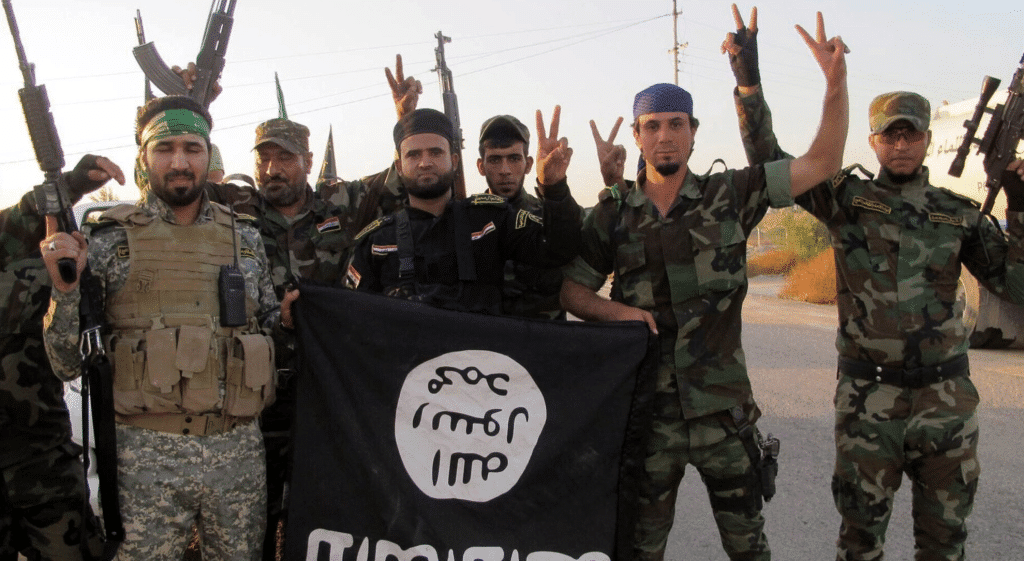Details of Said Attack
Early in the morning, Iranian-backed Islamist terrorist militias in Iraq took responsibility for a strike on an Israeli target located near the Dead Sea. The specifics of the attack, such as the type of weapons used and the extent of the damage caused, remain unclear. The militias have not released any further information or evidence to support their claim.

Israel’s Response So Far
Israeli authorities have not confirmed the incident. There have been no reports of an attack in the area mentioned by the militias, and no official statements have been made by the Israeli government or military. The lack of information has raised questions about the veracity of the militias’ claims and whether the alleged strike occurred at all.

Background and Implications
Iranian-backed militias have been operating in Iraq for several years, and their presence has been a source of tension in the region. The militias are known to have ties to the Iranian government, and their actions are often seen as being aligned with Iranian interests. A strike on an Israeli target would represent a significant escalation in tensions between Iran and Israel, two countries that have long been at odds with each other. If the claims are true, it could have serious implications for regional stability and security.
Iranian Backed Militias (Proxies)
Iran has a long history of supporting various militia groups and proxies throughout the Middle East as part of its broader regional strategy. These groups have often been used by Iran to project its influence, support its allies, and counter its adversaries, particularly the United States and Israel.
One of the first significant instances of Iranian support for a militia group occurred during the Lebanese Civil War in the early 1980s when Iran helped to create Hezbollah, a Shiite militant group. Hezbollah has since become a significant political and military force in Lebanon and has been involved in various conflicts with Israel.
Since the early 2000s, Iran has also provided support to various Shiite militia groups in Iraq. These groups played a crucial role in fighting against the U.S. occupation and have since become a significant force in Iraqi politics and society. They have also been involved in the fight against ISIS.
In Syria, Iran has supported the government of Bashar al-Assad by providing military aid and deploying Iranian forces and Shiite militias from Iraq and Afghanistan. This support has been instrumental in helping the Assad regime survive the Syrian civil war.
Iran has also been accused of supporting the Houthi rebels in Yemen, who are fighting against the government and a coalition of Arab states led by Saudi Arabia. The Houthis are part of the Zaidi branch of Shia Islam and have received various forms of support from Iran, including weapons and training.
Overall, Iran’s use of militia proxies has been a key part of its regional strategy, allowing it to exert influence and project power in the Middle East. However, this has also contributed to regional instability and has been a source of tension with other countries, particularly the United States and its allies in the region.

